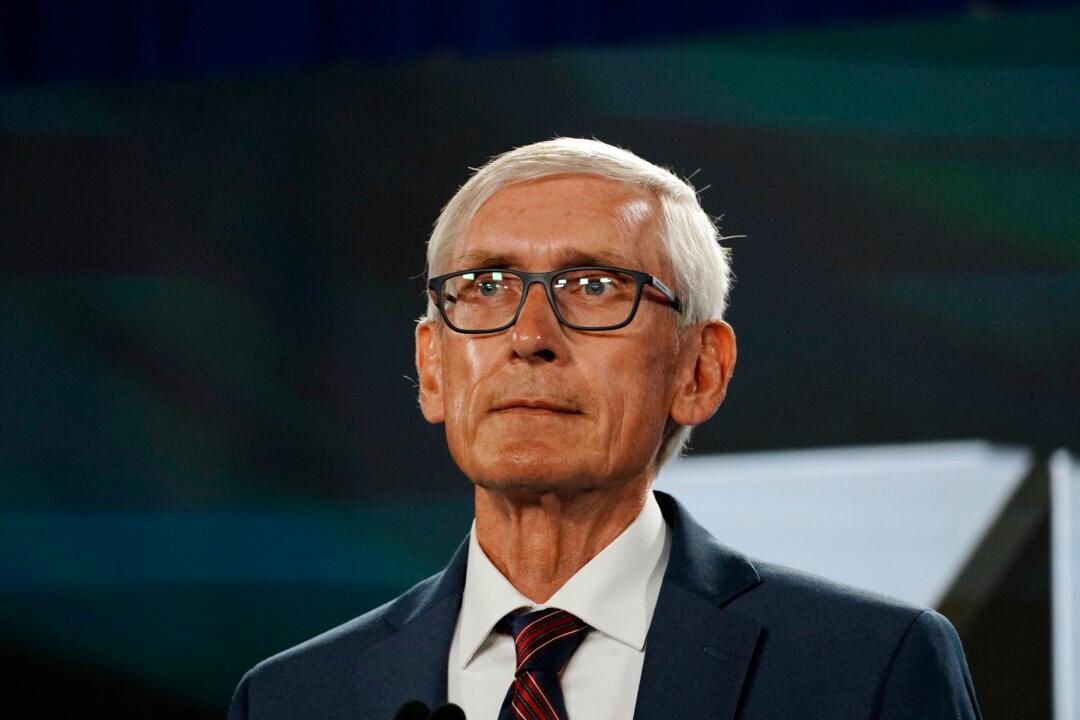Wisconsin Gov. Tony Evers partially vetoed the new state budget on July 5, allowing for increased funding for public schools for the next four centuries.
The Democratic governor, who is himself a former state education secretary and teacher, signed off on the two-year $99 billion spending plan after making a number of amendments—51 partial vetoes in total—including reducing the Republican-led income tax cut of $3.5 billion to $175 million and completely scrapping lower rates for the two highest earning brackets.




